The Arms of Government in Nigeria and their Functions
The government can be characterized as a state institution that prioritizes governing and the general welfare of the population it oversees. Without a structure and working organs, the government cannot function properly. The Arms of Government in Nigeria are a structure.
The majority of sovereign states adopt a system that involves the existence of the government at various levels and through several arms. The many branches of the government are briefly discussed in this article, along with the duties they carry out and the practical ways in which they function.
Also, check out A Full List of Nigeria Zip Codes.
Advertisement
The legislative, executive, and judicial branches make up the three branches of government. The systems within a state, such as the Constitution, set forth the authorities, duties, and basic practices that these governmental branches must follow.
These arms carry out various responsibilities designed to guarantee that the dividends of governance reach everyone.
The Arms of Government in Nigeria
The arms of government in Nigeria are the Legislative, the executive, and the judiciary. These arms carry out their own functions.
The Legislative
This arm of government is mainly focused on the state-level legislative process.
Advertisement
To ensure that the state is managed in a way that will ensure respect for law and order within a society, the Legislature ensures that laws are created and periodically reviewed.
In addition, the Legislature ensures that rules that need revision and change to bring them into compliance with current conditions are continually evaluated. Also, The legislature is in charge of state finances.
They ensure that the state budget is passed on time and that funding is available to finance it. Generally speaking, the legislature is responsible for general oversight of and control over the other branches of the government.
Furthermore, performing actions like voting on important nominations and approving these appointments into different arms of government, as well as occasionally reviewing the operations of the other components, may fall under this category.
A state’s legislature may be bicameral or unicameral. A legislature with only one house is known as a unicameral legislature. This kind of legislative structure does not have levels.
On the other hand, the Senate and the House of Representatives make up the two levels or tiers of a bicameral legislature. After the state has been divided into various constituencies, members of the legislature are often elected by the people.
Functions of The Legislative Arm of Government
Law-making
The primary duty of this arm of government is to make laws. It ensures that laws are passed on time and by the Constitution’s guidelines.
Law Amendments and Reviews
The purpose of laws is to control how citizens behave within their state. However, because people are constantly evolving, the law must also be adaptable to be effective. The Legislature ensures this by regularly examining and modifying statutes as needed.
Legislative oversight of the other branches of government
The legislature also oversees the other branches of government. This is done to ensure that the government’s different components operate for the populace’s benefit accomplice with the governing laws and regulations.
Therefore, among other things, the Legislature performs tasks including voting on the budget created by the executive branch, examining ministerial appointments made by that branch, and reviewing judicial nominations made by that branch.
Brainstorming Roles
As the body responsible for enacting laws, the legislature can debate any issue or bill before it is rooted in a country’s affairs. For instance, the Nigerian parliament must consider the bill’s ramifications before passing it into law.
The population will suffer more if decisions are not thoroughly thought through before implementation; hence this function is crucial.
The Executive
The main focus of this branch of government is state administration. It ensures that the legislators correctly carry out the laws they have passed. The President of the state is in charge of the executive.
It consists of the police, the military, and many parastatals and ministries. Due to its function in governance, this branch of the government has the most power.
However, the electorate often chooses this arm’s leader. When the head assumes office, it appoints officials to the various parastatals and ministries and assembles a cabinet. This branch of government also performs ceremonial duties to represent the nation.
Also, check out the Prevention of Human Trafficking in Nigeria.
Functions of The Executive Arm of Government
Enforcement of laws
A state’s laws must be enacted after they are passed if they are to serve any purpose. This task is essential to the executive. It makes sure that the law is followed and that society is kept orderly.
Diplomacy
No nation indeed exists in isolation. This means that friendly relations between independent states must be established. Various connections prove helpful in matters of trade, politics, and general interest to these states.
The executive branch is responsible for developing and sustaining positive relations with other sovereign states. This role plays a crucial role.
Checks on other government arms
The executive also conducts checks on different components of the government. The President, who serves as the head of the executive branch, must first provide their consent before the legislation passed by the legislature can take effect.
The President also has the authority to nominate some judges. These are all means of ensuring that the executive checks the other branches of government.
Appointments
In addition to carrying out the legislation passed by the legislature, the executive branch of government has the authority to name ministers to lead the various departments of the nation. In Nigeria, the legislature must first approve appointments by the executive branch (the president or governor).
The executive branch of government is also in charge of consenting to treaties that will affect the nation. The executive plays a critical role in enacting international agreements into domestic legislation.
The Judiciary
The judiciary is primarily responsible for determining how state laws should be interpreted. Also, the judicial branch of the government provides the interpretation of the law and the resolution of disputes because laws, after they are written, may not be very well understood.
The Chief Justice is the head of this branch, and other judicial officials who serve in their various roles as judges or justices assist them. One of the most significant branches of government is the judiciary. In addition, the Constitution is kept safe by this branch of government. It makes sure that all of its rules are followed in totality.
Furthermore, the Judiciary comprises various courts, from the Supreme Court to the Court of Appeals to the High Courts, all of which have different jurisdictions and hierarchies.
Functions of the Judiciary Arm of Government
Interpretation of Laws
When necessary, this branch of government ensures that the laws passed by the Legislature are correctly interpreted and wholly implemented. This arm only performs this duty when asked to do so by disputants; it does not perform it at its discretion.
Settlement of Disagreements
Human life is characterized by disputes. Due to this, conflicts may inevitably develop in personal, business, and even professional relationships. The judiciary is the branch of government responsible for ensuring that disputes are resolved amicably when they do.
Checks on the other arms of the Government
The Constitution includes checks and balances to ensure that no component is given excessive or unchecked power. The judicial branch is not excluded. Through judicial review, it has the authority to examine both legislative and executive actions and, at its conclusion, to pronounce them valid or invalid.
Final Notes on The Arms of Government in Nigeria and their Functions
The three arms of government in Nigeria and their various roles have been covered in detail. The government cannot function as a single unit in its entirety.
To ensure that the government is “of the people, for the people, and by the people,” each unit that makes up the system collaborates with the others.
Before you go, check out Medicinal Plants and their Uses.
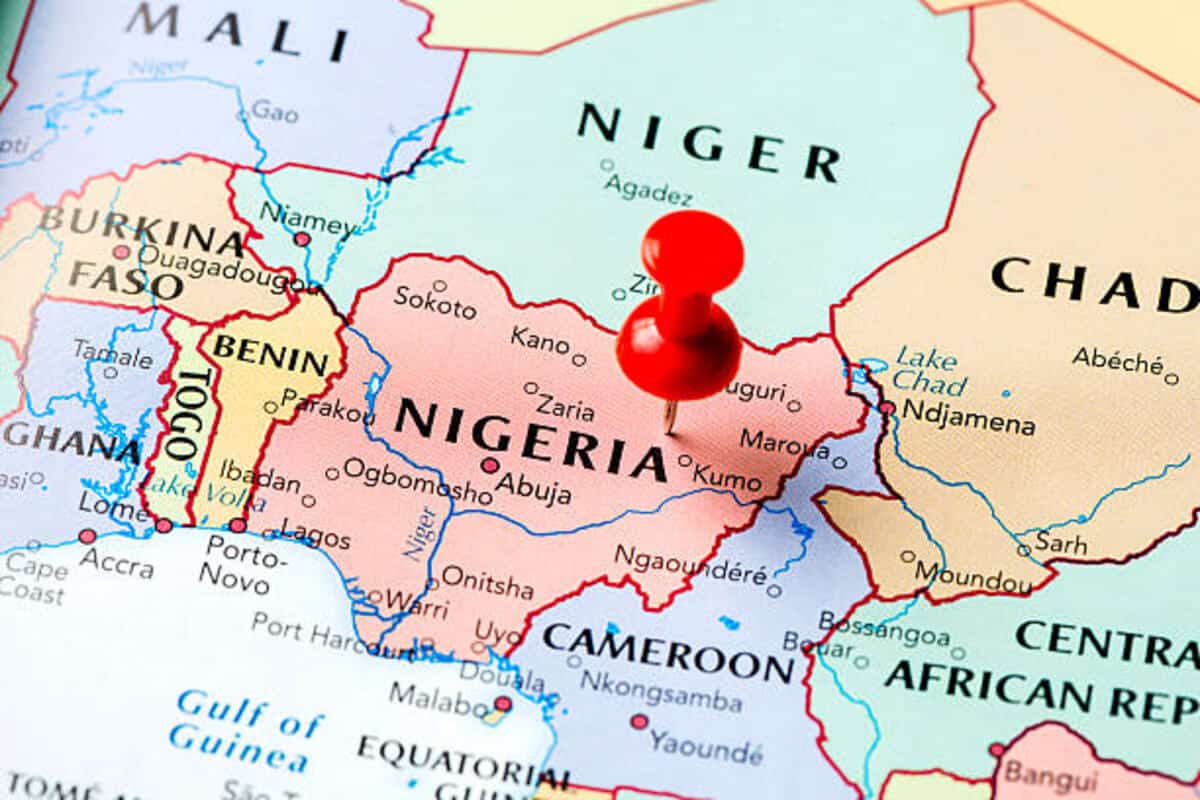

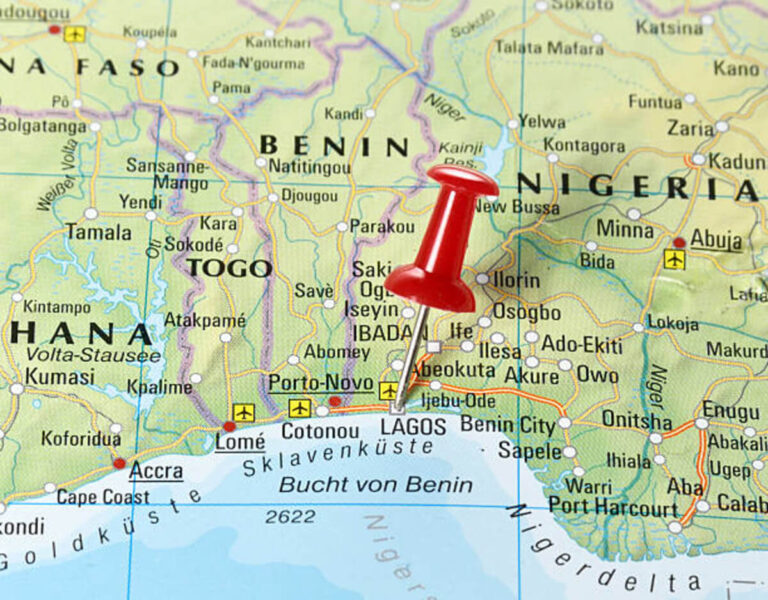

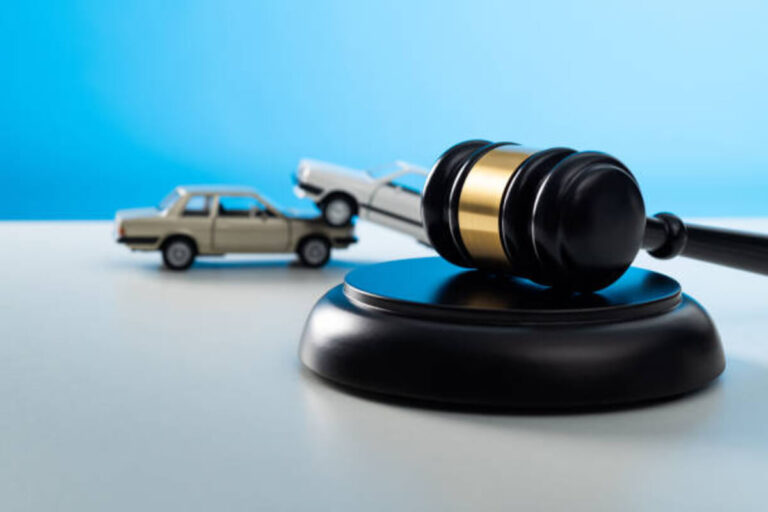
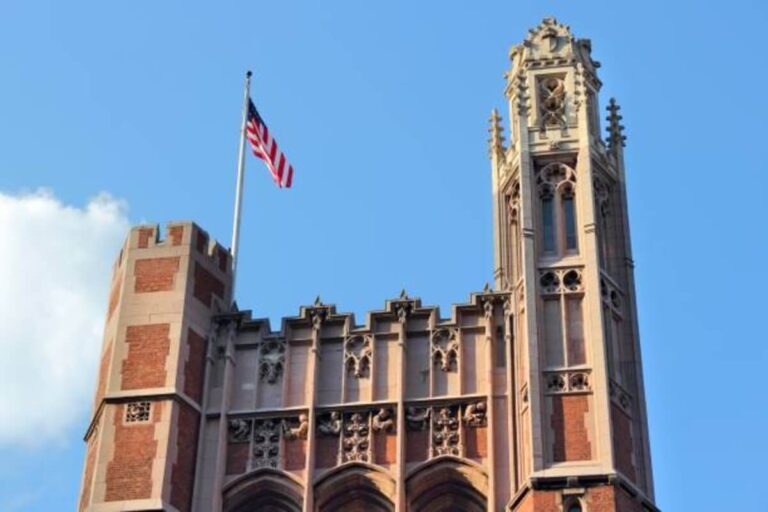
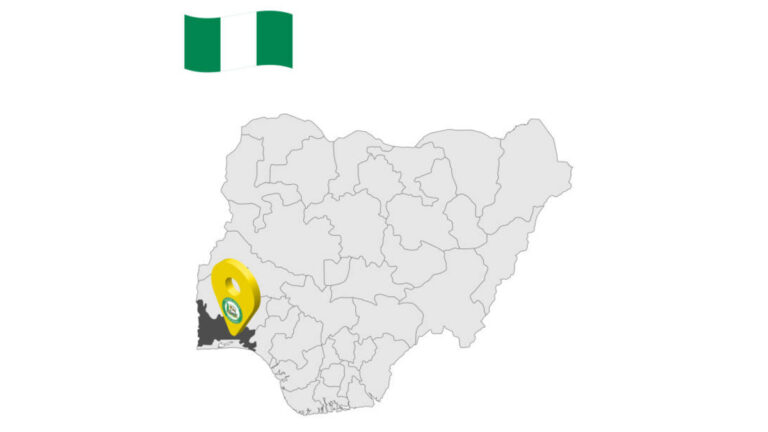
3 Comments
Comments are closed.